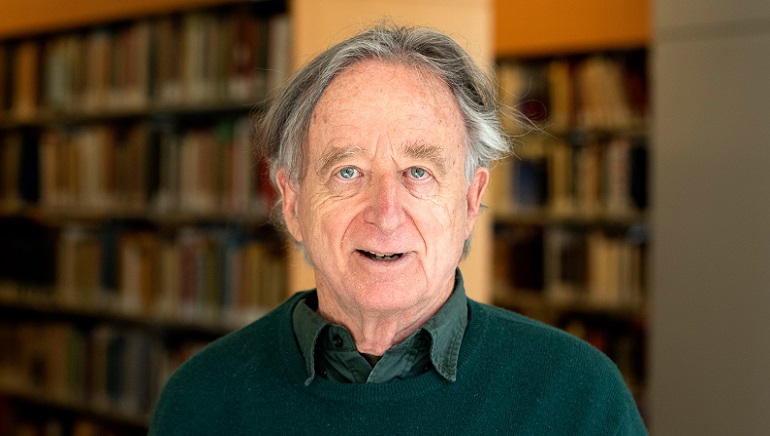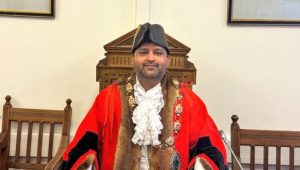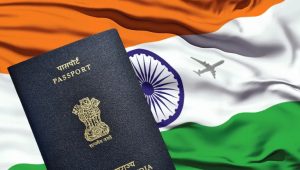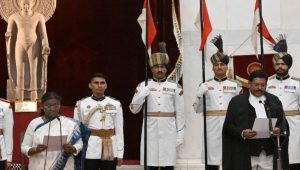American mathematician Dennis P. Sullivan is awarded the Abel Prize for the year 20202 by the Norwegian Academy of Science and Letters.
According to the citation, the award was given for his contributions to topology in its broadest sense, including its algebraic, geometric, and dynamical aspects.
A field of mathematics known as topology was founded in the nineteenth century, and it studies surfaces whose properties do not change despite deformation. A circle and a square are topologically equivalent, and a doughnut and a coffee mug with one handle are topologically equivalent, but a sphere and a coffee mug are not.
The concept was so striking to him that he used it in later research, especially during a 10-year struggle to show mathematically, by 1990, the numerical universality discovered by physicists in the mid-1970s.
Among his key accomplishments is the development of a new understanding of rational homotopy theory, a subfield of algebraic topology. In the late 1970s, he began studying dynamical systems, a subject considered far removed from algebraic topology. Dynamical systems is the study of a point moving in geometrical space.
A new field of string topology was created by him and his wife along with a collaborator, Moira Chas by discovering a new invariant for a manifold based on loops in 1999.















